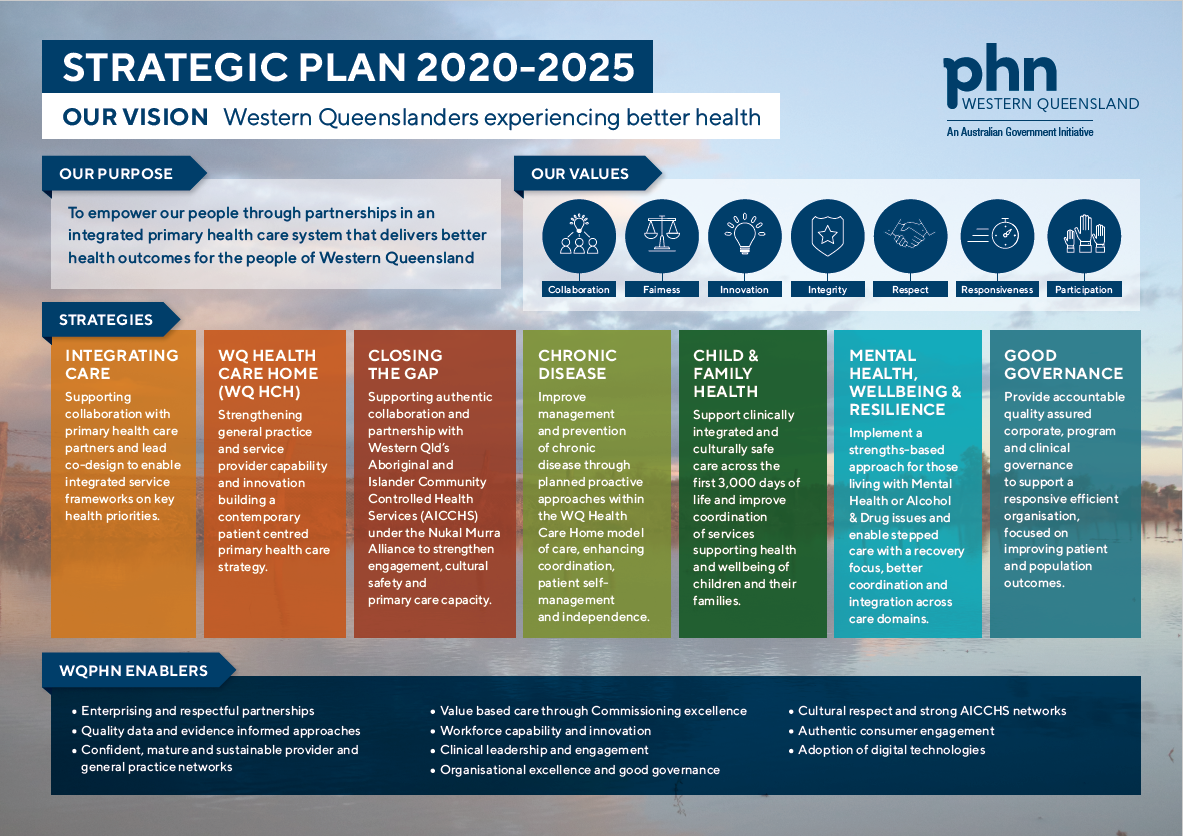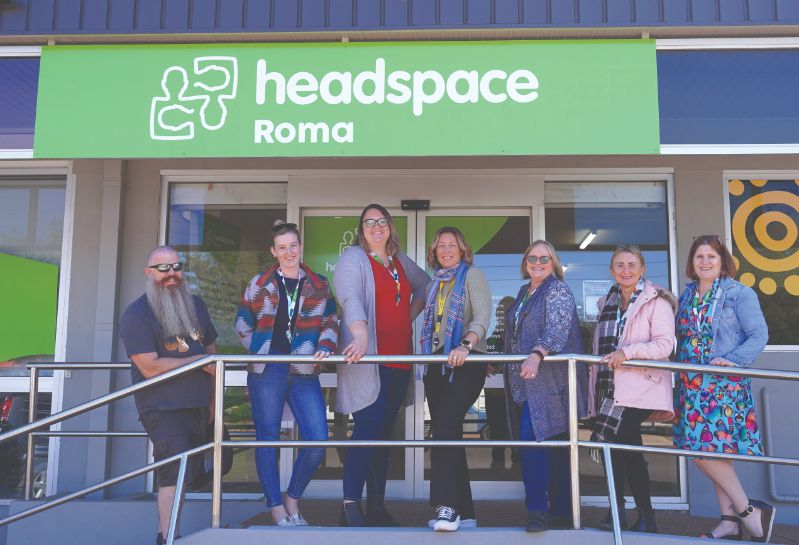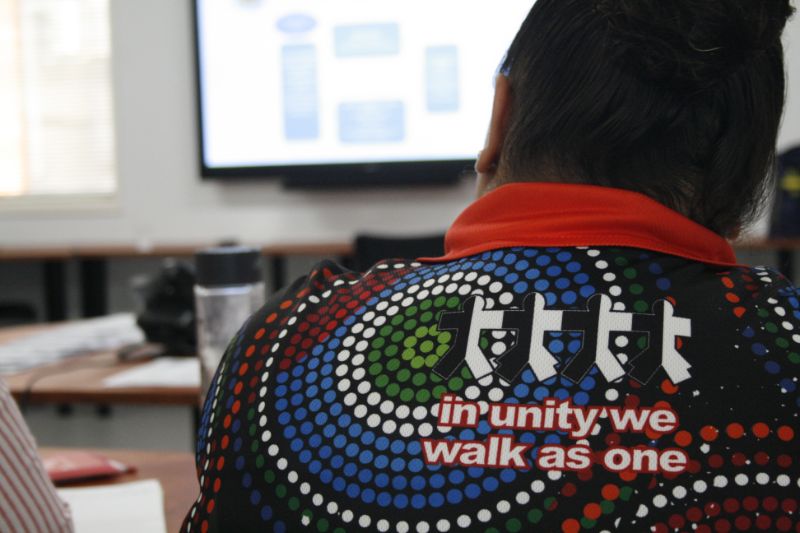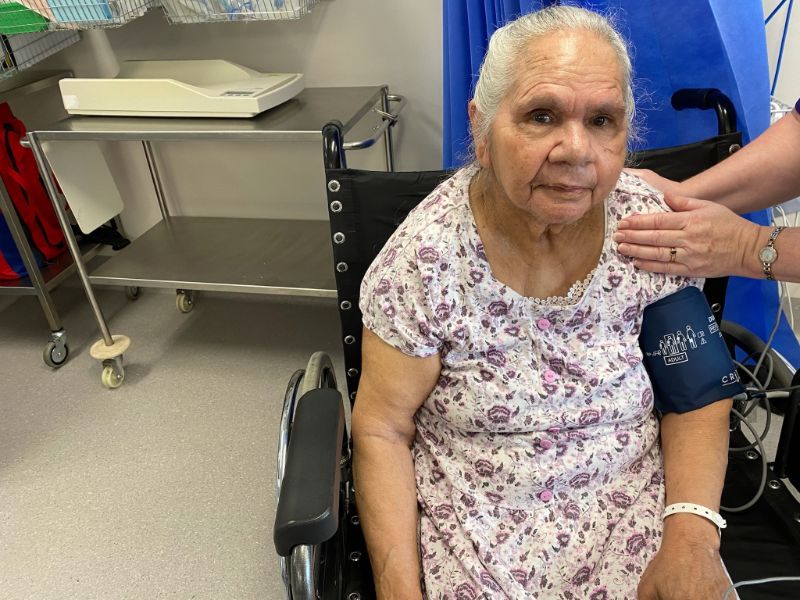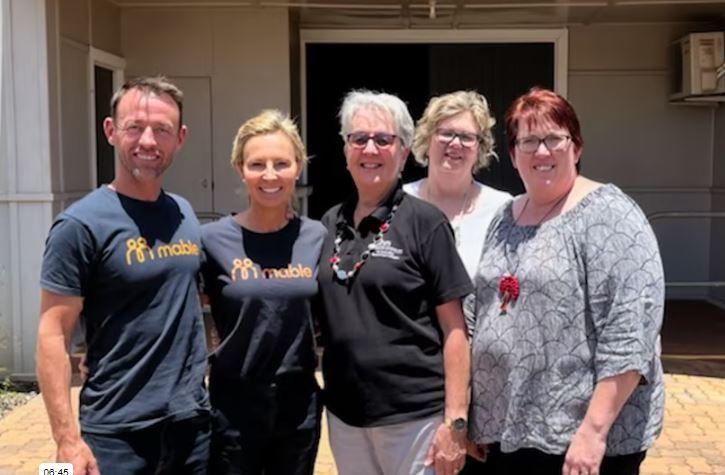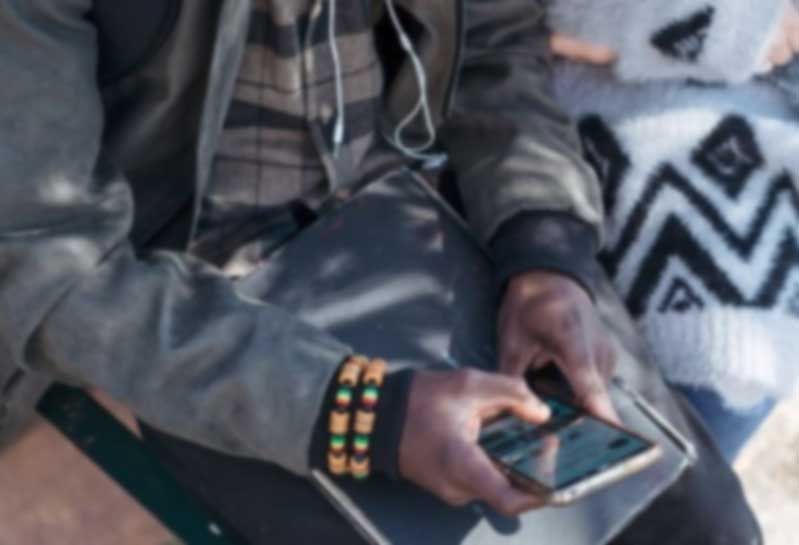Who We Are
Welcome to the WQPHN 2021-2022 Annual Report Highlights. For a printable version of the report, please click here.
Our Impact
Last year our service providers delivered occasions of service, including:
...........................occasions of mental health service to participants.
...........................occasions of alcohol and other drug service.
...........................occasions of Indigenous health service to participants.
...........................occasions of aged care service to participants.
...........................occasions of allied health services. Of these participants, identified as Aboriginal and/or Torres Strait Islander.
Our Patch
Geography




The population of the PHN has mixed health status with pockets of high advantage which are in direct contrast to large areas of extreme disadvantage.Other Statistics:
16Primary Health Care Centres9Private Practices4Aboriginal Community Controlled Health Services2Royal Flying Doctor Service Qld Bases18Pharmacies11Residential Aged Care Facilities12Multipurpose Health Services19Home Care Providers
Our Strategic Plan
Our Vision
Western Queenslanders experiencing better health
Our Purpose
To empower our people through partnerships in an integrated primary health care system that delivers better health outcomes for the people of Western Queensland
Our Values

Chair & CEO Summary
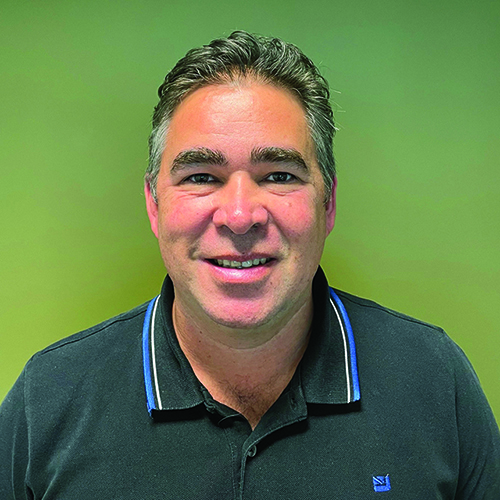 I am pleased to provide this report as Chair of the Western Queensland Primary Health Network (WQPHN). This past year has been another busy period and I would like to recognise and thank all our commissioned service providers and stakeholders for their continued efforts in supporting the people of western Queensland. Dallas Leon : Chair
I am pleased to provide this report as Chair of the Western Queensland Primary Health Network (WQPHN). This past year has been another busy period and I would like to recognise and thank all our commissioned service providers and stakeholders for their continued efforts in supporting the people of western Queensland. Dallas Leon : Chair
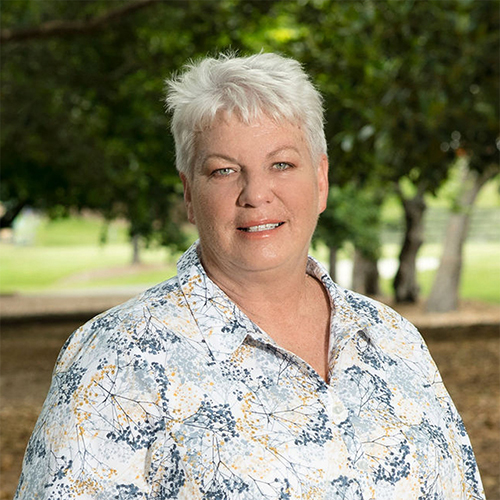 I am proud of our achievements over the past year. We continued to progress our core mandate across the region through our place-based commissioning approaches and ongoing advocacy work on behalf of our communities, commissioned service providers, health professionals and General Practices.Sandy Gillies : CEO
I am proud of our achievements over the past year. We continued to progress our core mandate across the region through our place-based commissioning approaches and ongoing advocacy work on behalf of our communities, commissioned service providers, health professionals and General Practices.Sandy Gillies : CEOOur Board
Our Current Board Members
Dallas Leon
Chair
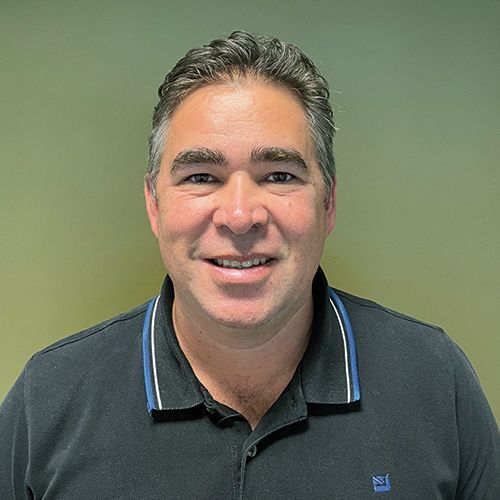
Dallas is a Kalkadoon and Waanyi man that has worked in the Aboriginal and Torres Strait Islander field for over 20 years, holding a number of roles across Government and non-Government sectors.
Dallas previously held the role of CEO at Gidgee Healing, the Aboriginal Community Controlled Health Service in Mount Isa, where he was instrumental in leading the reform of primary health care services for Aboriginal and Torres Strait Islander people across North West Queensland and the Lower Gulf. He is currently the First Nations Health Advisor for the North Queensland PHN.
Dr Christopher Appleby (until 2 Oct 2021)
Member
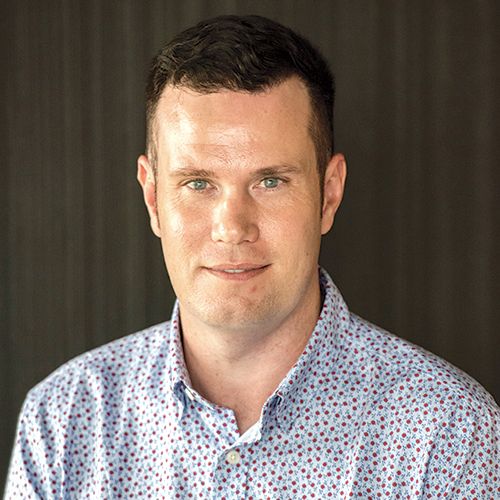
Chris has a Bachelor of Science (Honours), Masters of Business Administration and a Doctor of Philosophy. He is a Senior Lecturer and Practice Support Advisor at James Cook University and a Graduate of the Australian Institute of Company Directors. Chris served as a Director on the Board of the North West Hospital and Health Service (NWHHS) for eight years, where he also Chaired the NWHHS Financial, Audit and Risk Management Committee. Chris owned and operated remote and regional General Practices in Queensland for over 20 years and continues to provide consultancy services in the Aboriginal Community Controlled Health Sector.
Elizabeth Fraser (from 2 Oct 2021)
Member
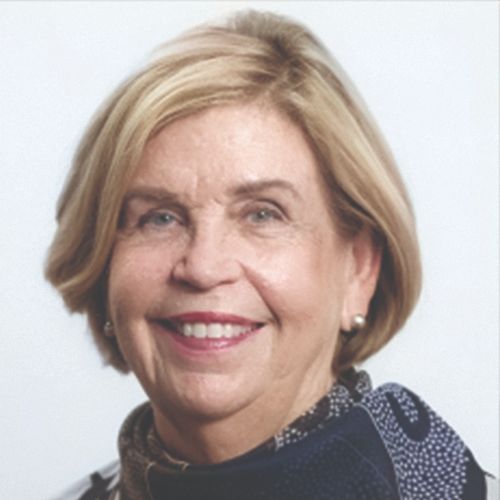
Liz is currently Chair of the CWHHS Board’s Safety and Quality Committee and draws on her wealth of experience including as Queensland Commissioner for Children and Young People social worker in child and family welfare; hospital and outreach mental health, emergency and rehabilitation services, which have enhanced her capabilities to provide strategic oversight and development.
Liz has a Bachelor of Arts/ Social Studies, Graduate Diploma in Multicultural Studies, a Royal Society of Arts Certificate in Teaching English as a Second Language and is an Executive Fellow of the Australian New Zealand School of Government
Professor Sabina Knight
Member
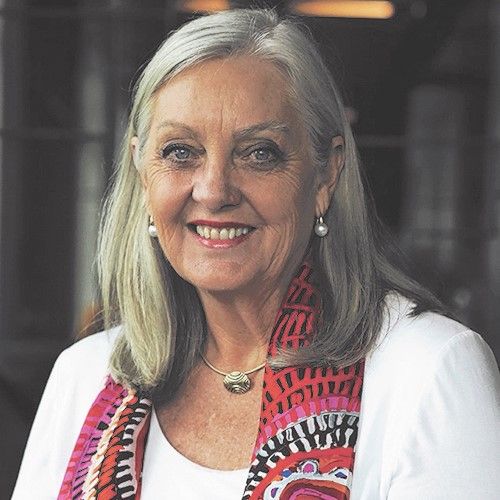
Sabina is the Director of the Mount Isa Centre for Rural and Remote Health (MICRRH) at James Cook University. She comes from an extensive background in remote and Indigenous primary health care, public health education and workforce. Originally a Remote Area Nurse (RAN), she gained her Master of Tropical Health from the University of Queensland and has held various clinical and leadership roles in remote health and education.
Sheryl Lawton
Member
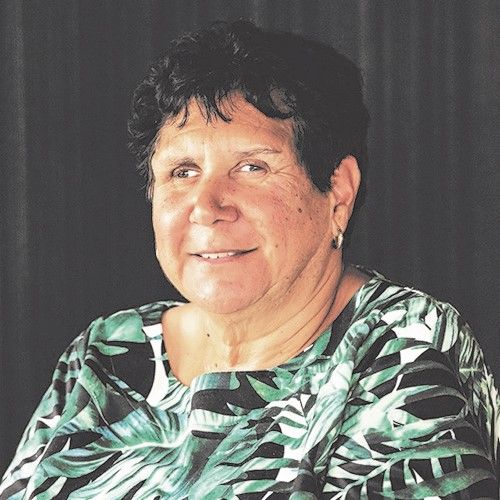
Sheryl has been the CEO of Charleville and Western Areas Aboriginal and Torres Strait Islanders Community Health Limited (CWAATSICH) for the past 20 years. Prior to her becoming CEO, she was employed in many positions of influence within Aboriginal affairs and Aboriginal Community Controlled Services, spanning legal services, social housing, land council and childcare. Sheryl has been an avid representative of Aboriginal Affairs at regional, state and national levels and through her ongoing dedication, commitment and hard work, has seen CWAATSICH expand service delivery and become the lead service provider of comprehensive primary health care within the Far South West region.
Vicki Murphy
Member
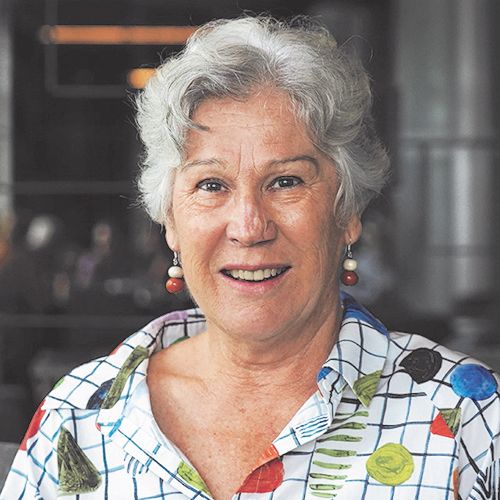
Vicki has a degree in Applied Science (Occupational Therapy) and post graduate qualifications in Health Economics. She has over 35 years’ experience in the Health, Rehabilitation, Aged Care and Disability Services sectors within the private, state and federal arenas. She has worked at the Assistant Secretary level for the Federal Department of Health and as a Senior Policy Advisor, Healthdirect Australia Ltd,
Karen Riethmuller Tully
Member
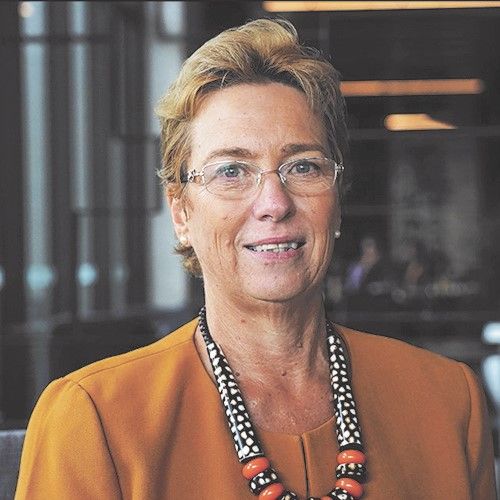
Karen lives in Charleville in South West Queensland and has lived experience in understanding the wonderful liveability and unique lifestyle which rural communities offer. She currently serves as Chair of the South West Hospital and Health Board and is Chair of the Rural Financial Counselling Service Southern Queensland. She is also a Director with Southern Queensland landscapes as well as serving as an Ambassador for the Queensland Plan Ambassadors Council. Karen holds a Master of Education, Bachelor of Education, Graduate Diploma of Financial Markets and is a Justice of the Peace. She is a graduate of the Queensland Leadership Program and has completed governance courses with the Australian Institute of Company Directors.
Dr David Rimmer
Member
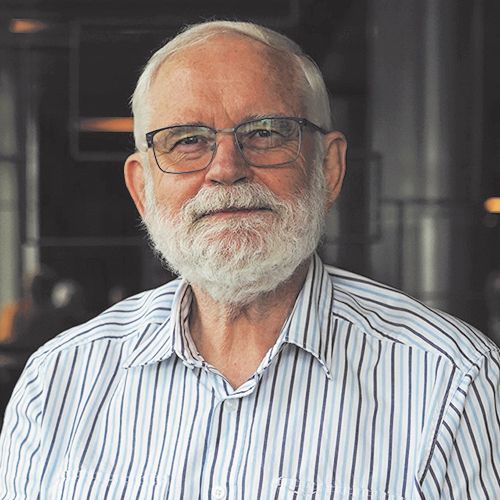
David is a Fellow of the Royal Australian College of General Practitioners, a Fellow of the Australian College of Rural and Remote Medicine, is an Associate Fellow of the Royal Australian College of Medical Administrators. He has over 35 years’ experience in General Practice and Emergency Medicine, with a lifetime interest in teaching and workforce development. He works as a Senior Medical Officer at Longreach, with a particular interest in mentoring the next generation of rural doctors. David is a Senior Fellow with the James Cook University GP Training Program, a member of the Queensland Health Clinical Senate Executive, and sits on the Rural and Remote Health Advisory Committee.
Dr Clare Walker
Member
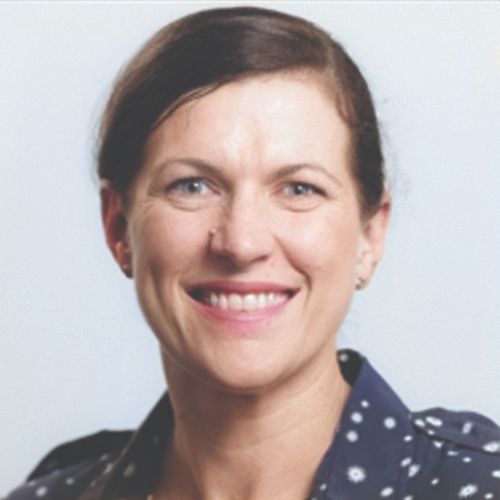
Dr Clare Walker is a medical practitioner practicing in Longreach providing both private General Practice and as Senior Medical Officer at the local hospital.
Having lived, raised a family and practiced in the Central West Region for over ten years Clare has developed an in-depth understanding of community needs of rural and remote Queenslanders.Clare has a dual fellowship in General Practice with both Australian College of Rural and Remote Medicine (FACRRM 2009) and the Royal Australian College of General Practice (FRACGP 2009), an Advanced Diploma of Obstetrics (2009), and qualifications in Anaesthesia through the Joint Consultative Committee (2010). Clare is working towards completing both a Diploma in Medical Administration and the Australian Institute of Company Directors Company Directors Course in 2018. Clare is registered with the Medical Board of Queensland, is a member of the Royal Australian College of General Practice, Australian College of Rural and Remote Medicine and the Royal Australian College of Obstetrics and Gynaecology, and a committee member of the Rural Doctors Association of Queensland.
Jason Warnock
Member
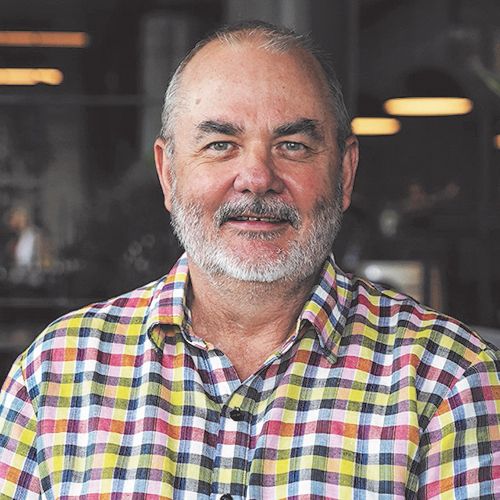
Jason was elected to the WQPHN Board in November 2018, nominated by the Services for Australian Rural and Remote Allied Health (SARRAH). For more than 30 years he worked in his private podiatry practice in Townsville, which included regular visits to rural townships. He was the first podiatrist to deliver services to the Gulf of Carpentaria communities and for 20 years attended a monthly clinic on Palm Island. During 2003-2005 he developed the Indigenous Diabetic Foot Program. Resources from this Program are still utilised today. Jason was the inaugural Chair of the Podiatry Board of Australia from 2009 – 2012 and was awarded a Churchill Fellowship in 2008 to investigate diabetic foot care services in the Indigenous communities of USA and Canada. In 2015, Jason moved to Brisbane to take on the role of Director of Podiatry for Metro North Health and in August 2019 joined the Emergency Operations Centre at Metro North to support the COVID-19 pandemic response.
Rachel Portelli
Secretary
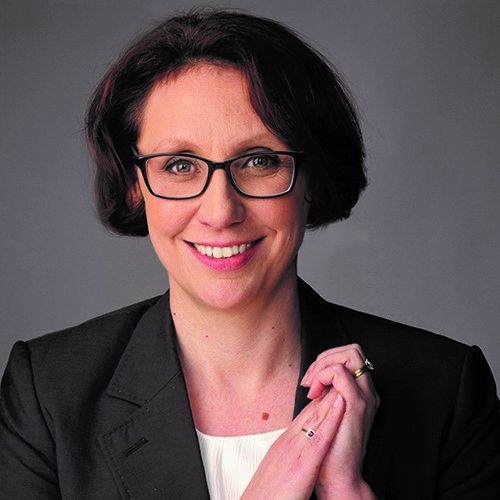
Rachel is a graduate and Fellow of the Governance Institute of Australia, Fellow of Institute of Chartered Secretaries and Administrators (United Kingdom) and a Graduate of the Australian Institute of Company Directors. For over 10 years she has specialised in providing corporate governance advice to not for profit entities.
Councils - Clinical & Consumer Advisory Council
The Clinical Council is clinician-led team who provides a direct link between primary health care providers and the WQPHN Board to inform the planning, evaluation and performance functions of the PHN.
The Consumer Advisory Council is made up of a diverse group of consumer representatives from across the Western Queensland region providing a community perspective on these functions.
The objectives of the combined Councils are to work collaboratively with WQPHN staff and advise the WQPHN Board directly in relation to service planning and design, service delivery, monitoring and evaluation.
For the first time in 2 years members of the Clinical and Consumer Advisory Council came together in Brisbane in early November. While COVID-19 has allowed the Councils to meet via Videoconference, face-to face-meetings are still invaluable.
The meeting content was co-developed by the Councils, who have matured as a group to both contribute issues of importance to their regions and contribute to the decision-making process alongside the WQPHN.
Dr Rosie Geraghty - Chair of the WQPHN Clinical Council & owner of Maranoa Medical Centre, Roma:
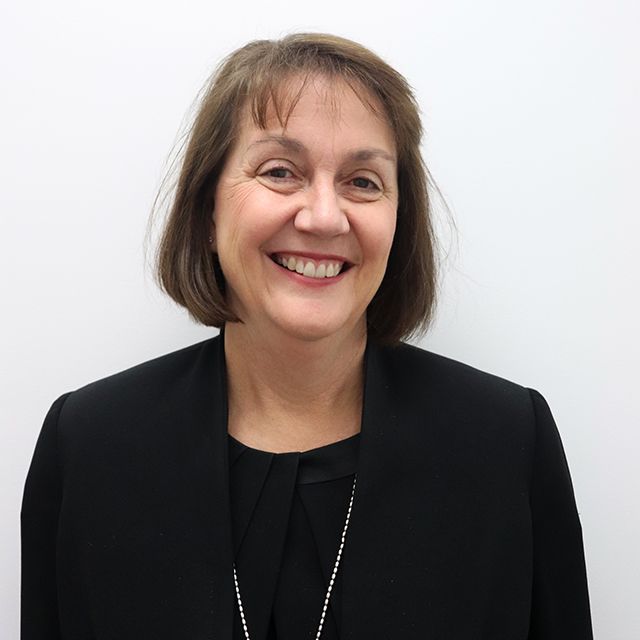
The 2021-2022 year has seen the Clinical and Consumer Advisory Councils meet both face-to-face in November 2021 and via Zoom videoconference in 2022. Important updates regarding the COVID-19 response, WQ Health Care Home, data management programs, diabetes management and HealthPathways to name a few were discussed. We were excited to see the new headspace centre open in Roma with the aim to improve mental health outcomes for our youth. The face-to-face meeting enabled a review of membership and Terms of Reference for the Clinical Council.
I wish all members the best as they continue their good work for the consumers in Western Queensland.
John Palmer OAM, Chair of the WQPHN Consumer Advisory Council:
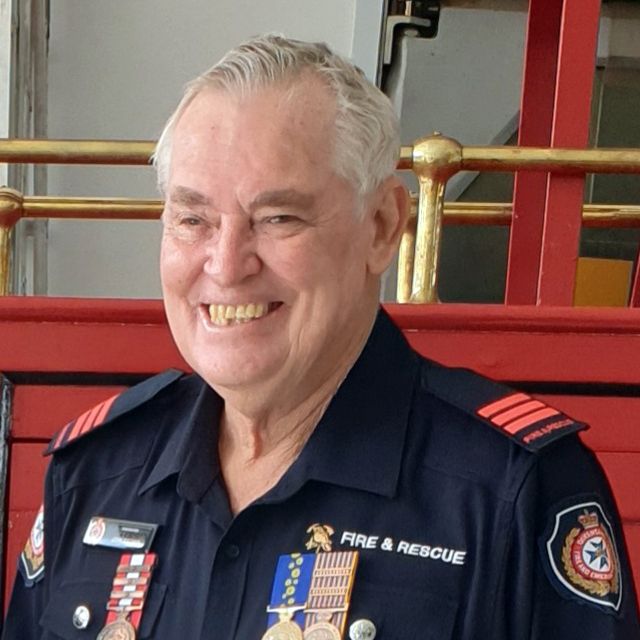
I am again pleased to be part of the Consumer Advisory Council for 2021-2022, despite COVID-19 disrupting our attempts to meet in person for another year.
This year saw members from the Clinical and Consumer Advisory Council participating in the interview process for two new Board Directors, where we were invited to attend. I am looking forward to representing the WQPHN Councils at the upcoming Health Consumers Queensland (HCQ) Annual Forum in October 2022.
As always it is a pleasure to work with a proactive and passionate team, led by CEO Sandy Gillies and we look forward to the next year.
Communications
Communications
Engagement via our online Communication channels has continued to grow in 2021-2022, led in part by the ongoing presence of COVID-19, and our continued focus towards producing local content of our people in our regions and the use of video format.
Electronic Direct Mail (EDM)
Regular direct email communications such as the the quarterly “WQPHN Bush Telegraph” newsletter and Fortnightly "Message Stick" were the best performers, followed by the weekly COVID-19 update for primary health care clinicians.
The average open rate (how many recipients opened emails) and click rate (those who clicked on links within emails) have increased from the previous year.

Social Media
The WQPHN Facebook page as WQPHN's primary social media platform has again experienced exponential growth over the past year, with a 79% increase in engagement (people who “like”, comment on or share posts) and a 118% increase in reach (people who see our posts).
WQPHN Facebook page has seen an increase of 15% of people who 'follow' the page compared to the previous year. This equates to an additional 1,613 people.

Top 3 Facebook videos 2021-2022
#1 - Psyches on Bikes Wrap-up
#2 - Message Stick 29 October 2021
#3 - Jibber Jabber rolls on
Our Reconciliation Action Plan (RAP)
Development of our Innovate Reconciliation Action Plan (RAP) commenced in 2019. RAP activities were led by our Reconciliation Working Group (RWG) with the assistance of Reconciliation Australia and Donna Jeffries (Wirajuri), Yindyamarra Consultancy. Our first RAP was approved by Reconciliation Australia in December 2021.
Our Innovate RAP is a commitment that WQPHN will do things differently and take practical steps within our organisation to improve our knowledge and understanding of the Aboriginal and Torres Strait Islander peoples within our region.
The RWG membership includes representatives from across the PHNs internal working units; the Board and the Clinical and Consumer Advisory Councils; and representation from our Nukal Murra Alliance (NMA) partners.
Working group meetings were held during 2021-22 to establish the governance and internal reporting mechanisms that would enable the successful implementation of the RAP. To track our progress against the deliverables we had committed to, a score card report was also developed to update staff and the Board on its progress.
Key achievements include:
- Review of HR policies and procedures to identify anti-discrimination provisions
- Identify opportunities to remove barriers to staff participating in NAIDOC Week
- Submission of our first Impact Measurement Report
- Participation in the Workplace RAP Barometer survey
- Promotion of National Reconciliation Week and its incorporation into Service Provider contracts for 2022-23
- Promotion of NAIDOC week
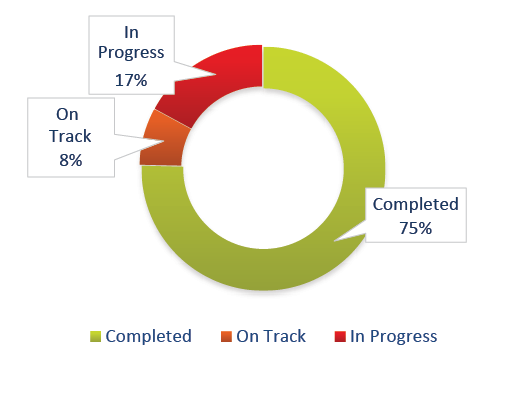
Our Stories...
headspace Roma 1st birthday
headspace Roma celebrated their first birthday on Wednesday May 4, 2022, with local crew and staff enjoying the celebrations, which included a great BBQ, cake, art workshops, games and a chill out zone.
Nukal Murra Virtual Home Monitoring
Chronic diseases are long-lasting, and while most are preventable and treatable, they cause approximately 64% of the disease burden among Aboriginal and Torres Strait Islander Peoples and approximately 80% of the mortality gap.
COVID-19 and Aged Care
The steady achievers in 2021/22 have once again been the committed staff working in residential and community aged care.
Telehealth and Digital Health
Nearly 23 per cent of homes in Western Queensland have no access to the internet - we need to invest in the digital infrastructure to support access to telehealth, online supports, and community, aged care and disability services.
Healthy Ageing Aged Care Roadshow
WQPHN collaborated with Mable to visit regional communities throughout Western Queensland to discuss options for community-led aged care services and provide workforce solutions for rural and remote areas.
WiSE Mental Health & Telehealth
WQPHN has commissioned headspace National to provide the Wellbeing in Schools Early Intervention Telepsychiatry program (WiSE).
Credits
The WQPHN website was developed and is maintained by Michael R.G. Hughes of Extremely Geeky.
Disclaimer
While the Australian Government Department of Health has contributed to the funding of this website, the information on this website does not necessarily reflect the views of the Australian Government and is not advice that is provided, or information that is endorsed, by the Australian Government. The Australian Government is not responsible in negligence or otherwise for any injury, loss or damage however arising from the use of or the reliance on the information provided on this website.
